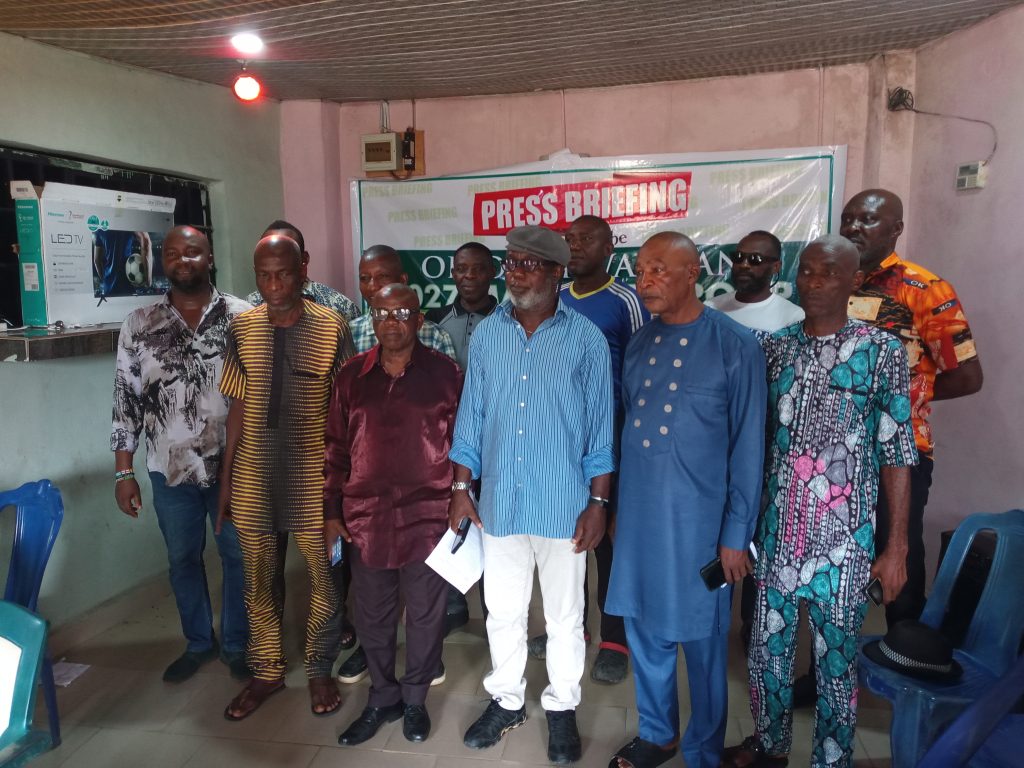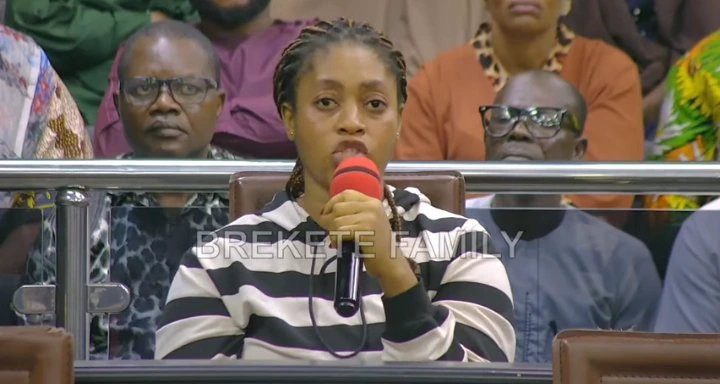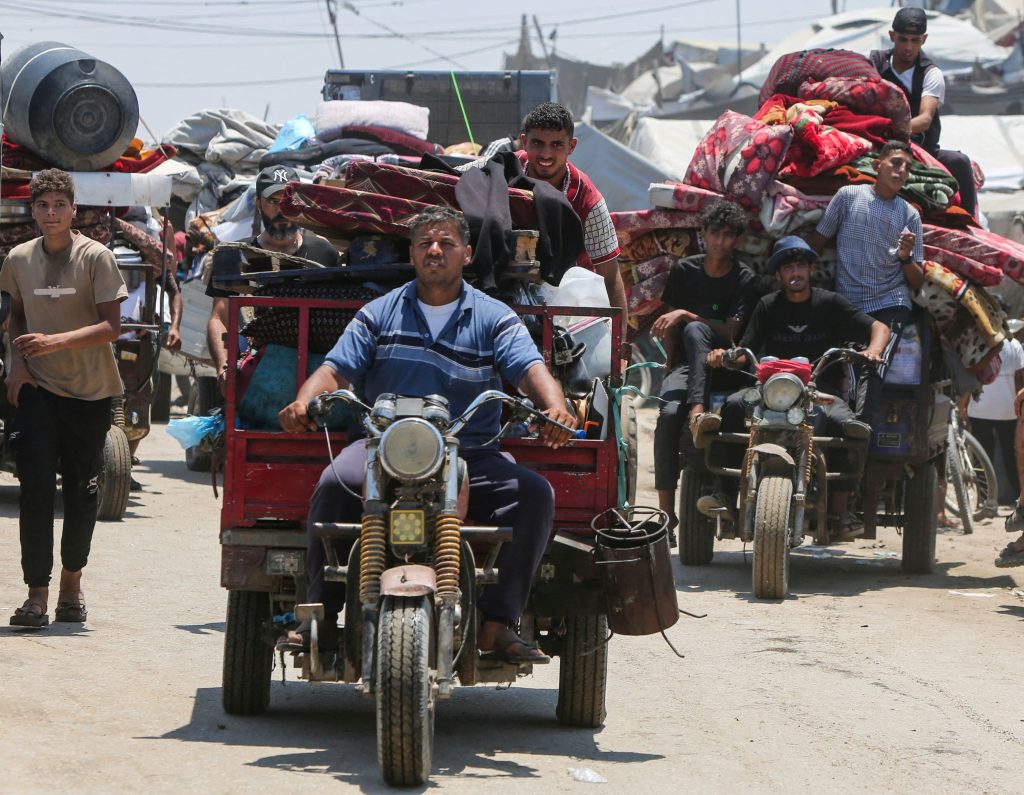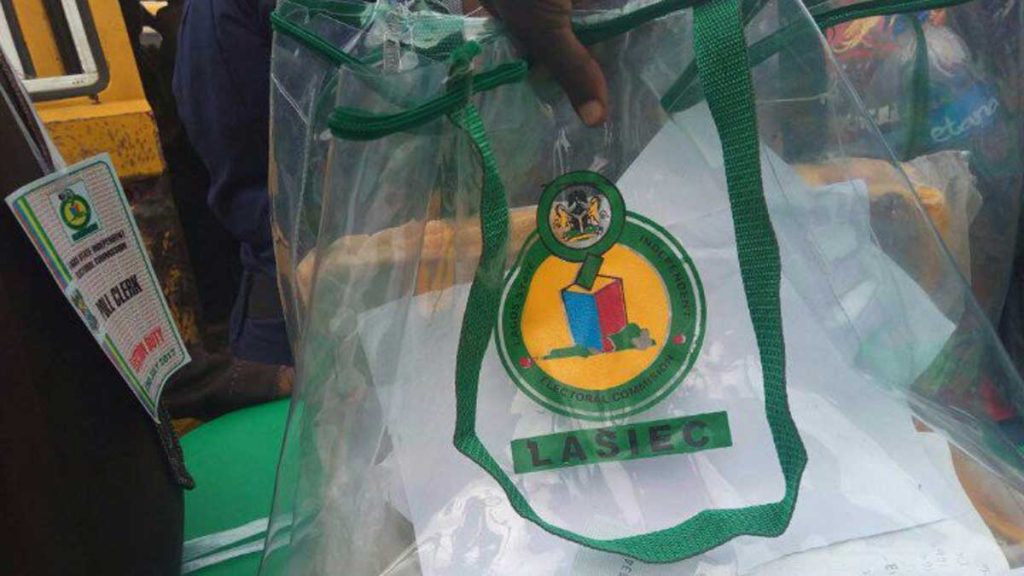News
Trump considers pausing auto tariffs
as world economy endures the tariff scourge

President Donald Trump on Monday, April 14, 2025, suggested that he might temporarily exempt the auto industry from tariffs.
He had previously imposed tariffs on the sector, to give carmakers time to adjust their supply chains.
“I’m looking at something to help some of the car companies with it,” Trump told reporters gathered in the Oval Office.
“The Republican president said automakers needed time to relocate production from Canada, Mexico and other places, “
“And they need a little bit of time because they’re going to make them here, but they need a little bit of time.
“So I’m talking about things like that,” he added.
The statement hinted at yet another round of reversals on tariffs as Trump’s onslaught of import taxes has panicked financial markets.
It has also raised deep concerns from Wall Street economists about a possible recession.
When Trump announced the 25% auto tariffs on March 27, he described them as “permanent.”
His hard lines on trade have become increasingly blurred as he has sought to limit the possible economic and political blowback from his policies.
Last week, Trump announced that for 90 days his broader tariffs against dozens of countries would instead be set at a baseline 10% to give time for negotiations.
He made this pronouncement after a bond market sell-off pushed up interest rates on U.S. debt.
Tannenbaum warned in an analysis: “Damage to consumer, business, and market confidence may already be irreversible.”
Maroš , posted on X on Monday that on behalf of the European Union he engaged in trade negotiations with Commerce Secretary Howard Lutnick and U.S. Trade Representative Jamieson Greer.
Šefčovič is the European commissioner for trade and economic security.
“The EU remains constructive and ready for a fair deal, including reciprocity through our 0-for-0 tariff offer on industrial goods and the work on non-tariff barriers,” Šefčovič said.
The U.S. president also said that he spoke with Apple CEO Tim Cook and “helped” him recently.
Many Apple products, including its popular iPhone, are assembled in China.
According to the BBC, Apple didn’t respond to a Monday request for comment about the latest swings in the Trump administration’s tariff pendulum.
The temporary exemptions given to smartphones and electronics gave Apple some breathing room to figure out ways to minimize the trade war’s impact on its iPhone sales in the U.S.
That prospect helped lift Apple’s stock price by about 3% during Monday’s afternoon trading.
Still, the stock gave up some of its earlier 7% increase as investors processed the possibility that the iPhone could still be jolted by more tariffs on Chinese-made products in the weeks ahead.
Wedbush Securities analyst, Dan Ives, said Apple is clearly in a far better position than it was a week ago.
But he warned there’s still “mass uncertainty, chaos, and confusion about the next steps ahead.”
The BBC further reported That Apple could explore one possible workaround.
Apple may be examining during the current tariff reprieve, how to shift even more of its iPhone production from its longtime hubs in China to India.
It was in India that it began expanding its manufacturing while Trump waged a trade war during his first term as president.
The Trump administration has suggested that its tariffs had isolated China as the U.S. engaged in talks with other countries.
But China is also seeking to build tighter relationships in Asia with nations stung by Trump’s tariffs.
China’s leader, Xi Jinping, on Monday met in Hanoi with Vietnam’s Communist Party General Secretary To Lam with the message that no one wins in trade wars.
Asked about the meeting, Trump suggested the two nations were conspiring to do economic harm to the U.S. by “trying to figure out how do we screw the United States of America.”
For Diaspora Digital Media Updates click on Whatsapp, or Telegram. For eyewitness accounts/ reports/ articles, write to: citizenreports@diasporadigitalmedia.com. Follow us on X (Fomerly Twitter) or Facebook











